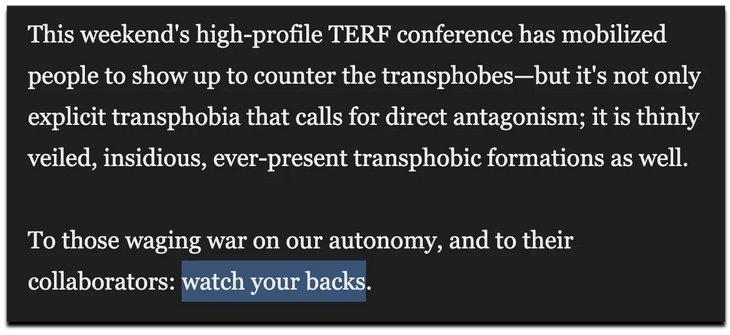How Gender Ideology Leads to Violence
How Gender Ideology Leads to Violence
From a former 'true believer'
Simon B. Amaya Price * Oct 21, 2025

Last Sunday, I attended the funeral of a man I had never met. He was a friend of a friend, a colleague of a colleague, but most importantly, we shared – at least in part – a mission: to end gender ideology. After Charlie Kirk’s death, friends and colleagues reached out to ask me for my thoughts.
I told them that seeing a video of a good man killed in front of a crowd of people, his wife, and his children has a way of sticking with a person. But it is not the video or the act itself that haunts me the most. What haunts me is that I was not surprised it happened; I was not surprised by who did it; I am not surprised by how people – including former friends and classmates of mine – have celebrated it. I am not surprised, because as someone who was once a true believer, I know that gender ideology leads to violence.
It was unsurprising that Kirk’s murder occurred on a university campus, by a young man only one year my senior: universities are where gender ideology was created. In the academy, ideas in the social sciences and humanities are no longer selected for their usefulness or predictive power, but for their citations, theoretical interest, and commitment to Social Justice. As a result, over decades, an especially virulent, useless, and ultimately destructive ideology took shape as what we now call gender ideology.
I was fourteen when I learned about the “gender unicorn” in my sex ed class, at fifteen, my pediatrician asked my father if he wanted “a dead son or a living daughter,” and my parents had to walk on eggshells knowing that the state would take me from them if they were too overt about their opposition to my transgender identity. I was blind to the reality: gender ideology is an underdog narrative with institutional support. I immediately felt like a stray dog pushed into a corner, with the coercive force of the government and major societal institutions at my back. I truly believed that either I was going to transition or die, and that the world was against me.




